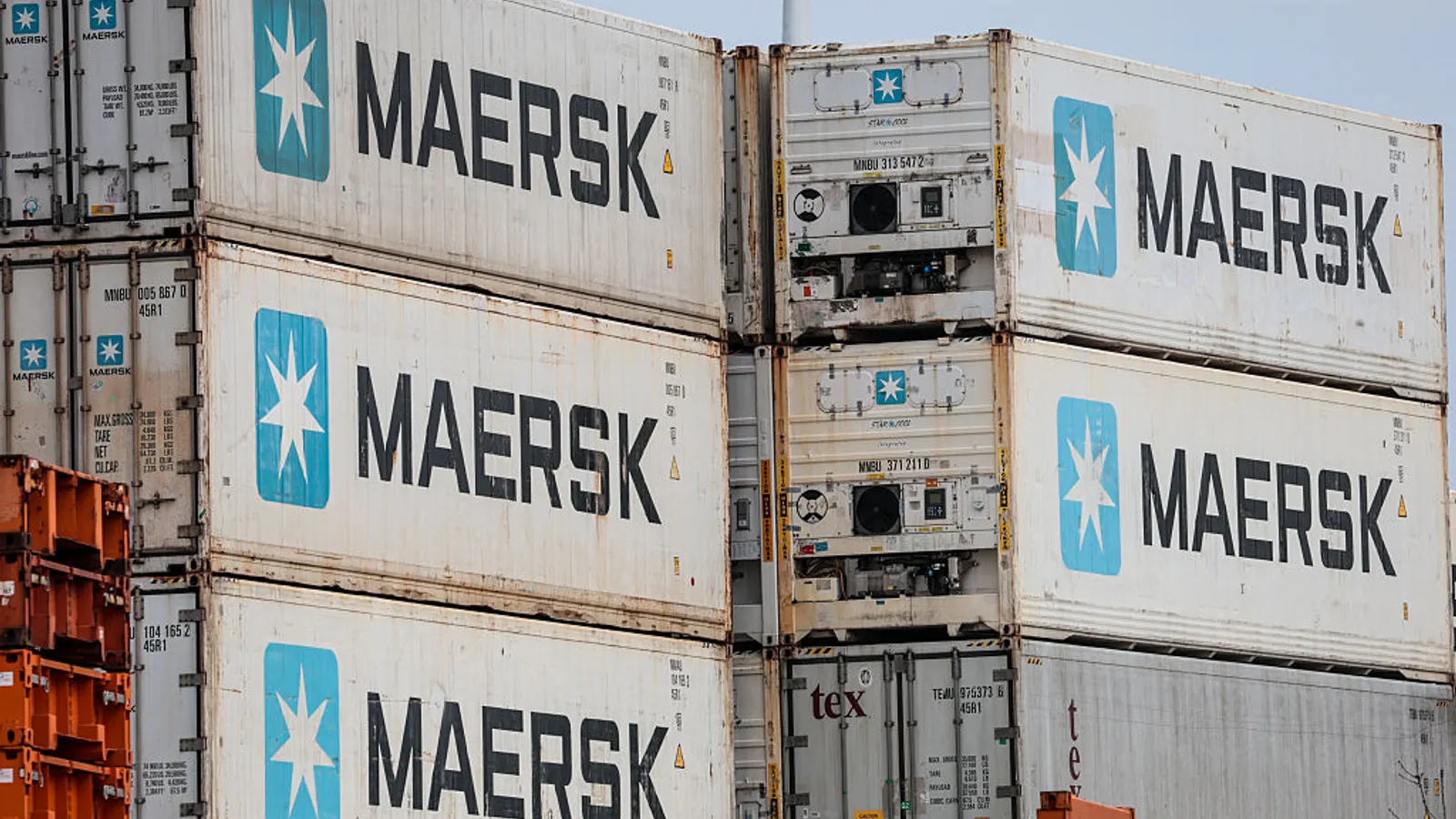Introduction to Current Trends in Truckload Demand
Recent economic indicators point to a continued decline in truckload demand, exacerbated by tariffs and other economic uncertainties. This trend warrants close examination as it significantly influences the logistics landscape.
Impact of Tariffs on Truckload Demand
According to industry analysts, a minor increase in tariffs—around 1%—could diminish truckload demand by approximately 0.15% or more. A more significant rise, such as 10%, could decrease demand by about 2%. Even steeper tariff rates, ranging between 18% to 28%, pose a serious risk, potentially causing demand to drop by 4% to 6%. This situation illustrates the tight relationship between tariffs and the dynamics of truck transportation.
Consumer Behavior and Freight Volumes
The ripple effect of increasing tariffs is noticeable in consumer spending habits. When prices rise, consumer purchases tend to drop, leading to reduced quantities of goods requiring transport. The Port of Los Angeles provides a clear picture of this trend. In May, the port recorded a 5% year-over-year decline in cargo volumes, with a staggering 19% dip compared to the previous month.
Shifting Consumer Demands
Truckload carriers are experiencing a shift toward lower freight volumes, fueled by changing consumer buying patterns. Dean Croke, a respected analyst in the sector, reflects on this, illustrating how consumer trends are shaping the operational landscape for trucking businesses.
The broader implications of diminished truck freight tonnage cannot be ignored. A significant drop in U.S. truck freight tonnage occurred in April, with a reported 0.3% decline following a more notable 1.5% dip in March.
Challenges for Reefer Carriers
In addition to truckload demands, reefer carriers find themselves navigating a challenging market. After two years of softness, reefer rates are trailing behind those seen in 2023. The usual seasonality expected in the produce market appears to be lacking this year. Notably, ongoing oversupply conditions for trucks are driving spot rates down significantly.
Influence of Manufacturing Trends
The state of domestic manufacturing further complicates the truckload market dynamics. Current observations suggest a stagnation, with the Institute for Supply Management’s Purchasing Manager’s Index indicating a minor decline from 48.7 in April to 48.5 in May. Such figures signal a third consecutive month of contraction within the manufacturing sector—an undesirable trend for logistics and transportation.
New Orders and Backlogs
Below-standard figures for backlogs and new orders suggest that future demand will likely continue to wane. These trends could discourage imports, further affecting the demand for trucking services.
Financial Strains for Truckload Carriers
Given the unfavorable conditions, many in the trucking industry do not expect better financial outcomes. The preceding year proved tough for truckload carriers, and the outlook for the current year mirrors similar challenges. Croke emphasizes that with the ongoing trade conflicts at such a critical time, carriers that traditionally seek higher seasonal volumes may find themselves continuously behind as they strive to recover.
Potential Outcomes and Market Resilience
The future of the trucking sector appears challenging if demand doesn’t stabilize. Analysts warn that even if the current trend holds, a potential recession could leave the industry reeling. Notably, Croke posits that the ongoing freight recession that began in 2022 may not yet be over. Factors such as declining spot rates, excessive capacity, rising operating costs, and weakened demand for truckload services are instrumental in this narrative.
Conclusion
To sum it up, truckload demand faces significant risks driven by economic pressures like tariffs and ongoing manufacturing slowdowns. These conditions pose a challenge not only to trucking firms but also broadly to the logistics industry, which must adapt to these shifting trends. As companies seek reliable and effective cargo transportation solutions, understanding these dynamics is crucial. GetTransport.com is dedicated to simplifying the process of logistics and transportation. By offering affordable global solutions for cargo, transporting furniture, vehicles, and more, GetTransport.com ensures that users have efficient, cost-effective, and versatile options at their fingertips.
The complexities of the trucking market highlight the importance of reliable logistics services that can adapt to fluctuating conditions. On GetTransport.com, you can conveniently book global cargo transportation that meets your needs while providing transparency and competitive pricing. Take advantage of the offerings available to navigate your logistics efficiently and effectively. Book your cargo transportation at the best prices globally: GetTransport.com.

